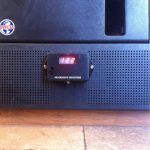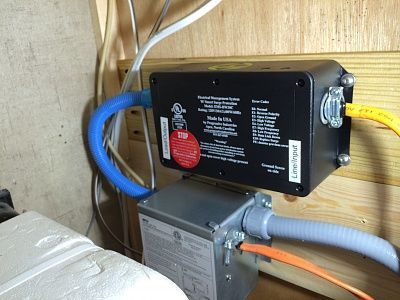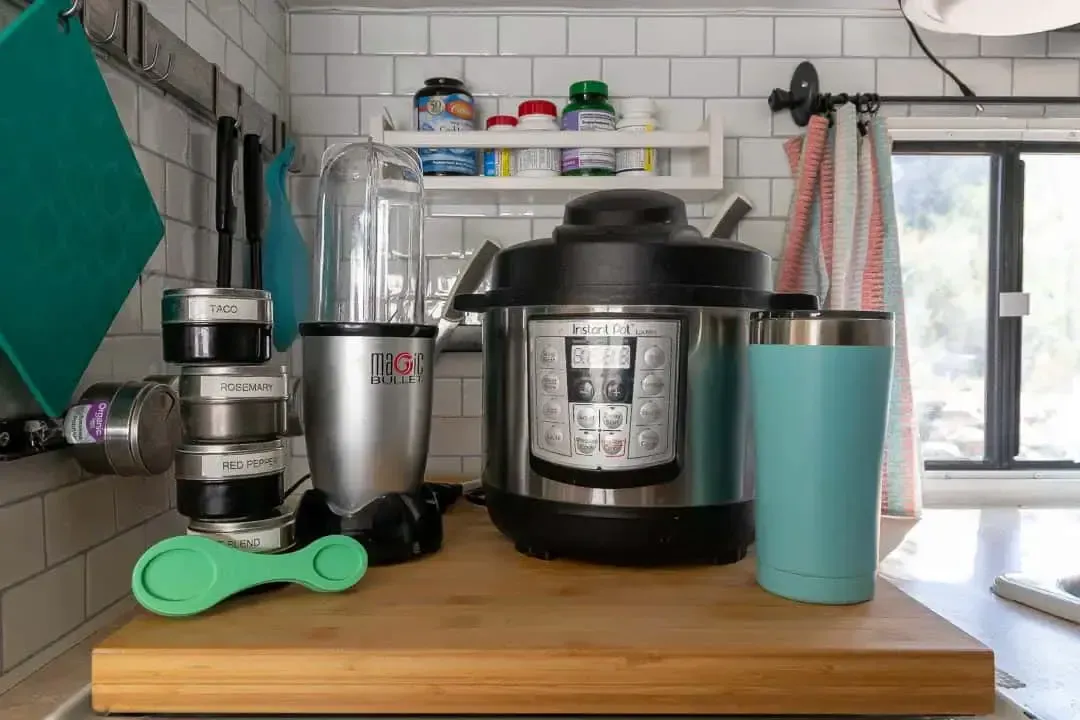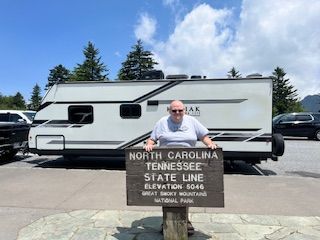What Surge Protector is Best for My RV?
Doug S • May 2, 2025
A common question on RV forums and RVing Facebook groups is “ what surge protector should I get? ” and the simplest answer is, none. That might surprise you, but the reality is that you DO want protection, but a simple surge protector isn’t going to protect you against all of the nasty conditions you’ll find out there- miswired and worn out pedestals, low voltage, and more. So, you don’t want a “surge protector”, you want an “Electrical Monitoring System” (or EMS, for short) .
The EMS will block bad electricity from flowing into your camper/motorhome and only let it in if it’s good. It’ll protect you against that miswired pedestal, or the receptacle that is so worn out inside, or the electrician at your house who saw your 30amp outlet and thought it was a dryer or welder plug and miswired it, or simple the older campground with low voltage issues in the heat of summer and the holiday crowd rolls in. (I’ve experienced 2 of these and have read first-hand forum accounts of all of them.)
So, now you know the better question is, “What EMS should I get to protect my RV?” And that answer is Progressive Industries.
Note the lack of disclaimer on this post, I’ve not been comped/discounted/or anything from PI- I bought my EMS fair and square. But, it’s Progressive Industries or bust when it comes to an EMS.
Why? They’re made in the good ole USA and have a lifetime warranty. The PI EMS has more features, protects against more situations and plainly- their products are solid. They just work. In the rare event that you have issues, I’ve heard good things about their customer service.
50amp or 30amp
You match your EMS to your camper’s RV system. My camper is a 50amp rig (because of the 2 air conditioners primarily), so I bought a 50amp EMS. If you have a smaller rig and have a 30amp plug, you use a 30amp EMS.
Note, you can still use the same dogbone adapters like you usually do (I use a 50 to 30 when I need to step down to 30amp service and my friends can use a 30 to 50 when they want to step up to 50amp service). None of that changes and you still buy the EMS that matches your camper’s electrical service.
Hard-wired or Portable
The next decision you have to make is if you want to hard-wire the EMS in or if you want to get a portable unit.
They both perform exactly the same. One isn’t better and both have pros and cons.
Hard-wired
Pros:
- No concern of theft
- No concern of being forgotten behind
- No extra steps when setting up and breaking down- it’s always there
- The display of the unit is indoors where it’s convenient to look at
Cons:
- You need an electrician or electrical know-how to do the install; the instructions are good, but mucking with electricity is above my paygrade
- You can’t test a camp site’s power until you back in
- While it has a bypass switch, if it really goes FUBAR- you’re left with unwiring the thing
- I have not heard of this needing to happen in the field.
- Some folks install it with plugs/receptacles to make removing it easier (mostly for when they sell their camper)
Installation of a hard-wired EMS isn’t terribly difficult and many people can do it themselves. As I mentioned, anything electrical is above my paygrade. Fortunately for me, my father-in-law had no issues jumping in with the installation instructions and had it done in fairly short order.
Many people install these behind their converter’s distribution panel (where the breakers are). There is usually a small space back there that you can squeeze it into. The remote display pendant is usually mounted somewhere nearby. For me, I was able to run the 10′ or so of wire over to my control panel with the rest of my gauges.
Portable
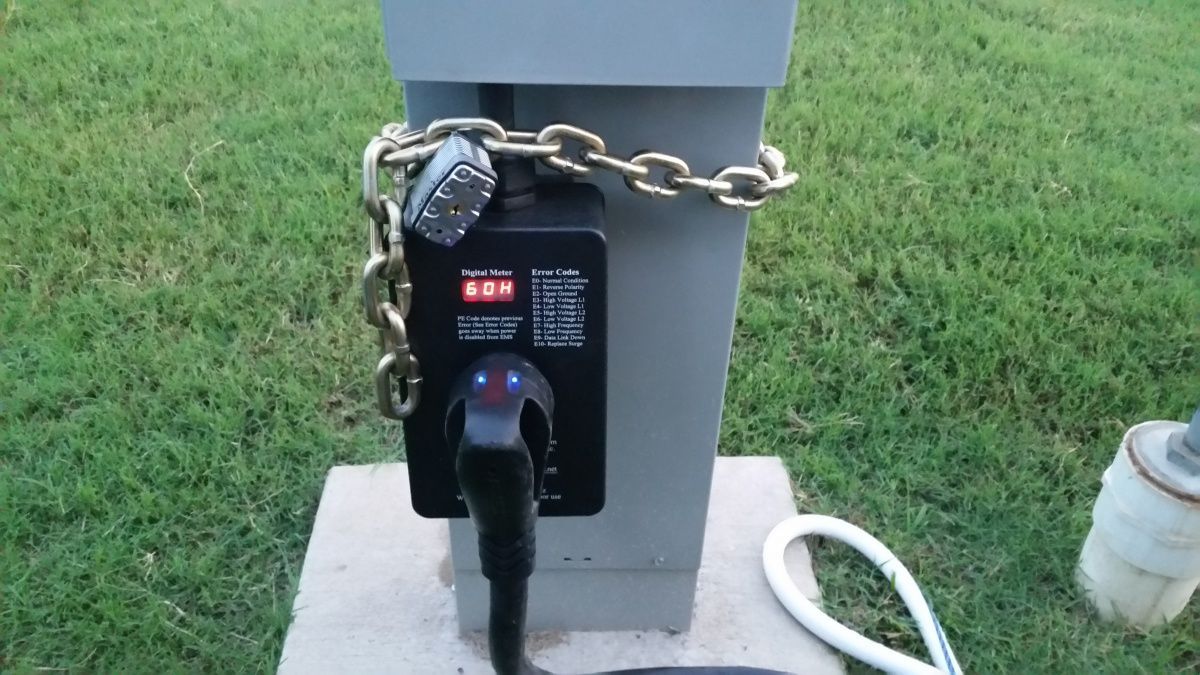
Pros:
- Easy to install, you just plug your cord into it and it into the campground pedestal
- You can test a camp site’s power before committing to backing in (what can I say? I’m not great at that!)
- Easy to bypass, just unplug it
Cons:
- It can be a theft target (though, I’ve not actually heard reports of these being stolen)
- It’s unlikely, but you have the chance to leave it hanging from the pedestal or laying it down and leaving it behind
- If you don’t leave it attached to your cord, it’s just another thing you have to plug and unplug for setup and breakdown
- You have to go outside to see the status screen and codes (this can especially be a hassle in low voltage situations)
Where to buy?
Amazon.com of course! Pick your flavor:
- 30amp portable (EMS-PT30X)
- 30amp hard-wired (EMS-HW30C)
- 50amp portable (EMS-PT50X)
- 50amp hard-wire (EMS-HW50C)
Special Catch for some generators
Note, due to floating neutrals in some generators, you may need a special plug. To be honest, it all sounds like greek to me, but Mike Sokol has a great write-up on it.

